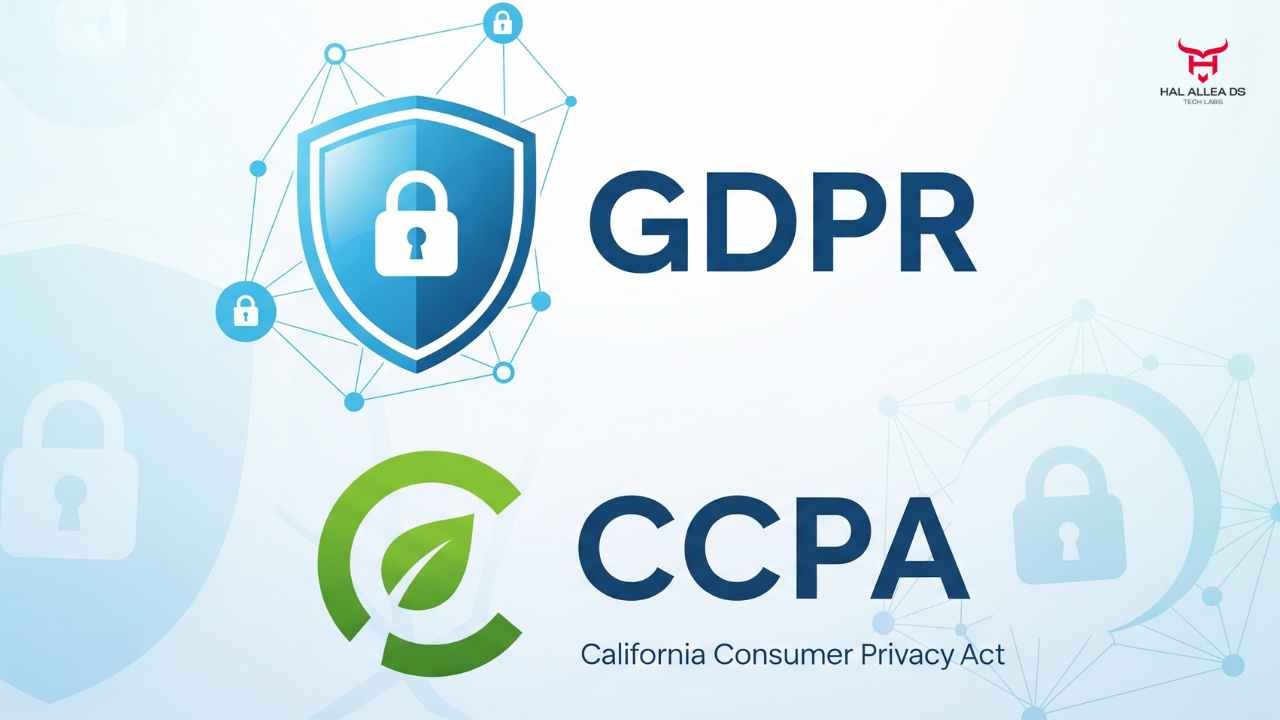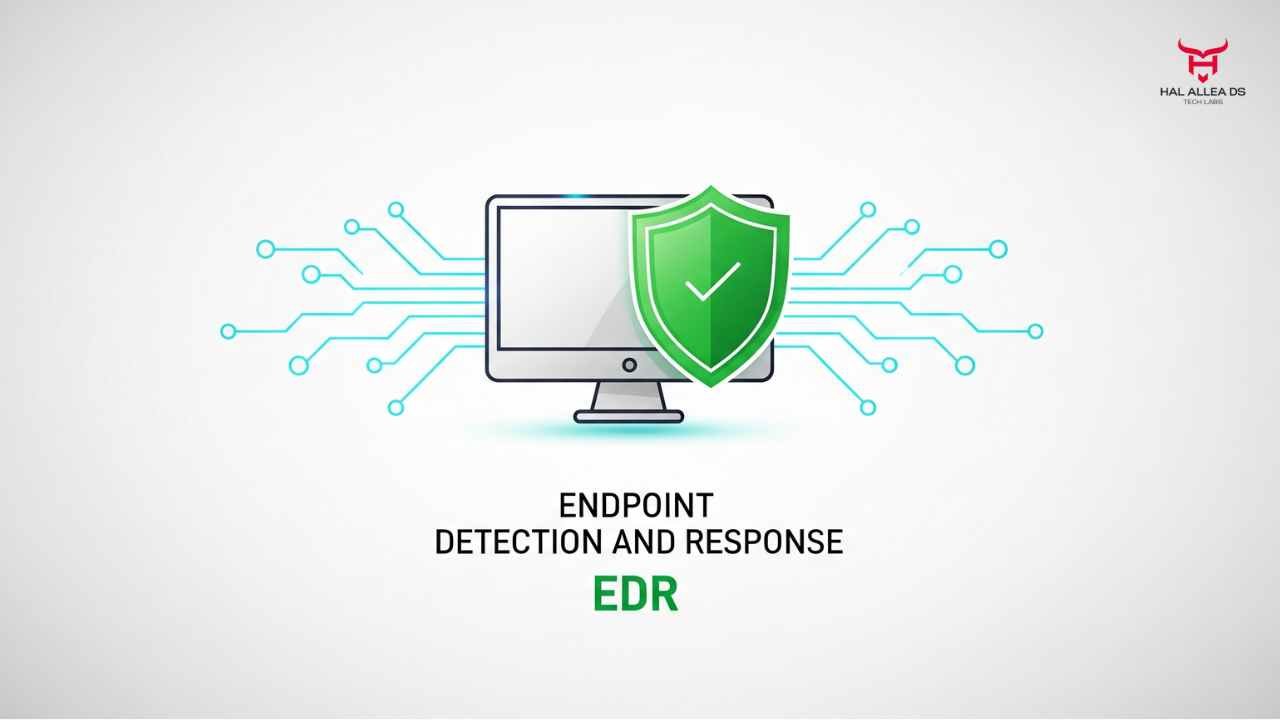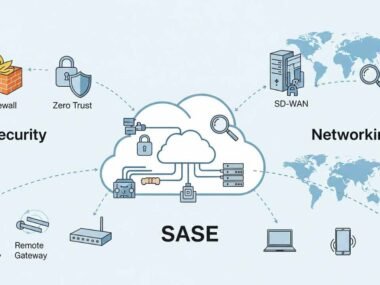Meta Platforms Inc. disclosed in its July 2025 10-Q filing that it may face over $2.3 billion in cumulative fines and legal fees across Europe and California by the end of this fiscal year—a direct byproduct of conflicting global privacy regimes like Europe’s GDPR and California’s CCPA. The company’s share price dipped nearly 5% on the news, erasing about $40 billion in market value in just two trading sessions.
Meta’s Q2 2025 earnings report quietly included a staggering disclosure: the company has spent over $5.2 billion on privacy compliance in the last 18 months, the largest regulatory-related expense line in its history. While revenues from advertising remain strong at $36.7 billion for the quarter, these escalating costs are gnawing into profit margins and rattling investor confidence.
The controversy is clear: complying with Europe’s General Data Protection Regulation (GDPR) and California’s Consumer Privacy Act (CCPA) isn’t just expensive, it’s structurally reshaping how global data-driven companies operate. For Meta, Google, Amazon, and even smaller SaaS firms, the puzzle is no longer about whether to comply, it’s how to reconcile contradictory rules across borders without crushing margins or alienating users.
This emerging compliance pinch affects investors who see costs balloon, consumers whose data is at play, and employees forced to rewire product roadmaps under stricter legal guardrails. Meta, as the global poster child of privacy battles, now sits at the epicenter.
The Data
The problem isn’t abstract, it’s measurable.
- According to PwC’s Global Data Privacy Index 2025, 92% of Fortune 500 companies reported that cross-border data regulation is now their fastest-growing compliance cost category.
- Meta disclosed in SEC filings that ongoing GDPR fines and remediation costs topped $1.3 billion across Europe since 2018, while compliance teams have grown to more than 5,000 employees worldwide.
- A January 2025 Deloitte survey found that organizations spend an average of $1,600 per employee annually just on data compliance operations, a number expected to grow 35% by 2027.
On the surface, GDPR and CCPA look aligned: both promise users transparency, access, and control over their data. But here’s the thing the devil lives in the differences. GDPR is far stricter on consent collection and cross-border transfer, while CCPA tolerates more flexibility but grants consumers the right to opt out of data sales. Reconciling these standards globally requires companies to operate multiple parallel compliance systems. That duplication bleeds money.
The People
Behind the scenes, insiders admit the compliance strain is changing how products are built.
“A decade ago, privacy was bolted on at the end. Now it starts on day one,” said a former senior Meta product manager who helped redesign ad-targeting systems post-GDPR. “Entire launches were delayed or shelved because they couldn’t meet data minimization requirements. That kills short-term revenue.”
Lawyers echo that sentiment. Julie Brill, Microsoft’s Chief Privacy Officer, told Forbes: “There’s no single global framework companies can plug into. Instead, every new regulation forces a patchwork. That duplicates cost and increases legal risk. It’s unsustainable.”
Even inside Meta, some grumbling has surfaced. A leaked forum post from a Meta engineer noted: “We’re building the same compliance system twice—once for EU and once for California—with no synergy. It smells like waste. Why don’t regulators align?”
Investors, meanwhile, are restless. At an April 2025 shareholder meeting, one activist fund pressed Meta executives to disclose more granular compliance expense forecasts. Sources say leadership deflected, promising “efficiency” but offering no detail.
The Fallout
The ripple effects go deeper than accounting lines.
For one, compliance reshapes innovation speed. Engineers at multiple firms privately admit that shipping new AI-driven personalization features now takes 30–40% longer than pre-GDPR timelines because of mandatory impact assessments and documentation. In markets where competitors face less regulation, U.S. and EU companies risk losing the innovation edge.
Then there’s recruitment: Data privacy specialists are now among the hottest roles in tech. According to LinkedIn’s Emerging Jobs Report 2025, privacy engineers saw job postings rise 76% YoY, outpacing even AI jobs in some sectors. Companies that can’t attract this talent face added legal exposure.
For consumers, the fallout is mixed. Privacy advocates hail the laws as overdue correctives, yet end users complain of “consent fatigue,” the constant barrage of cookie popups and data access forms. A Forrester consumer survey found that 61% of respondents say privacy notifications “make products harder to use without meaningfully improving trust.”
Wall Street sees the costs too. Analysts at Morgan Stanley recently cut Meta’s long-term earnings estimate by 12%, explicitly citing escalating compliance drag. They warned that if U.S. federal privacy rules emerge—adding yet another layer—Meta could see compliance spending balloon another 40% in just two years.
And here’s the hidden consequence few discuss: compliance-inspired fragmentation. With Europe pushing GDPR, California refining CCPA (and states like Virginia and Colorado passing their own versions), and China enforcing its PIPL law, global internet experiences risk splintering further. One Meta executive privately described this as “data balkanization”—a world where products must be rebuilt country by country instead of scaled seamlessly.
Closing Thought
Meta isn’t going anywhere. Its user base remains massive, and its advertising platform still prints money. But its balance sheet tells a new story: compliance costs are no longer marginal—they’re existential. For investors, the core bet has shifted from ad growth to regulatory survival.
The bigger picture: GDPR vs. CCPA isn’t just a compliance guide it’s a proxy for the future of the internet. Will companies like Meta adapt and thrive in a regulated era, or will the mounting costs of privacy force them to retrench and innovate less?
The toughest question lingers: At what point does regulation stop protecting users—and start breaking the very business models that serve them?












